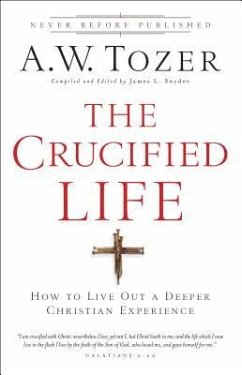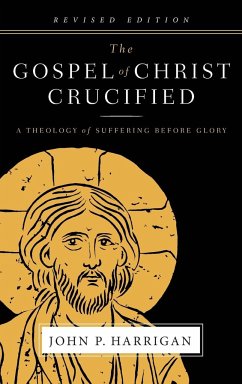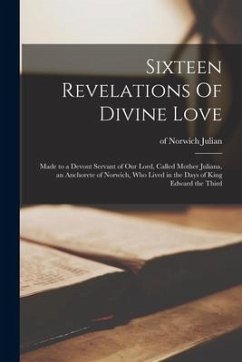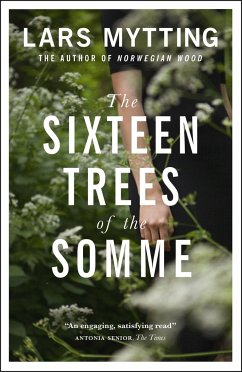
The World's Sixteen Crucified Saviors
Versandkostenfrei!
Versandfertig in 1-2 Wochen
21,99 €
inkl. MwSt.

PAYBACK Punkte
11 °P sammeln!
""The World's Sixteen Crucified Saviors"" is a controversial and thought-provoking book written by Kersey Graves. Originally published in 1875, the book challenges traditional religious beliefs by presenting a comparative analysis of various mythological figures from different cultures who share similarities with the story of Jesus Christ. Graves argues that the narratives of these figures, including Osiris, Mithras, and Krishna, predate Christianity and feature similar motifs such as virgin births, miraculous deeds, and crucifixions. The book examines historical and mythological sources to hi...
""The World's Sixteen Crucified Saviors"" is a controversial and thought-provoking book written by Kersey Graves. Originally published in 1875, the book challenges traditional religious beliefs by presenting a comparative analysis of various mythological figures from different cultures who share similarities with the story of Jesus Christ. Graves argues that the narratives of these figures, including Osiris, Mithras, and Krishna, predate Christianity and feature similar motifs such as virgin births, miraculous deeds, and crucifixions. The book examines historical and mythological sources to highlight these parallels, suggesting that the story of Jesus may have been influenced by earlier mythologies. ""The World's Sixteen Crucified Saviors"" sparked debates about the origins of religious beliefs and the historical accuracy of biblical accounts. While some scholars criticize Graves's methodology and conclusions, others view the book as a pioneering work in the study of comparative religion and mythology.














